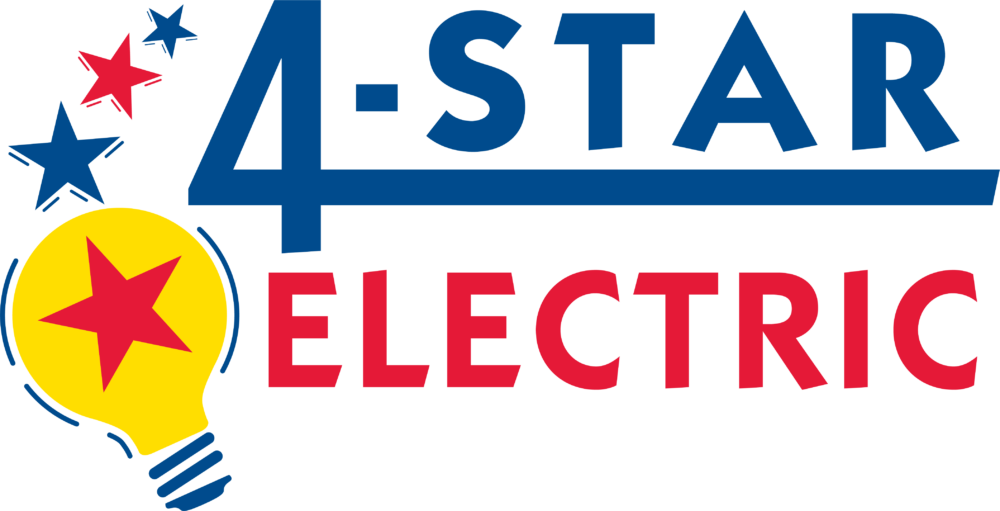Electrical maintenance in the home can be a daunting topic, especially when it comes to safety. In the vast majority of cases, it’s best to hire professional electricians, especially for anything complex or time-sensitive—but are there any tasks you can safely perform without help?
The short answer is yes, there are a few electrical maintenance tasks you can reasonably do on your own. Still, it’s absolutely vital to understand the importance of safety precautions, proper techniques, and knowing when to call a professional instead. Let our team show you a few tasks you can tackle by yourself and a few that just aren’t worth the risk.
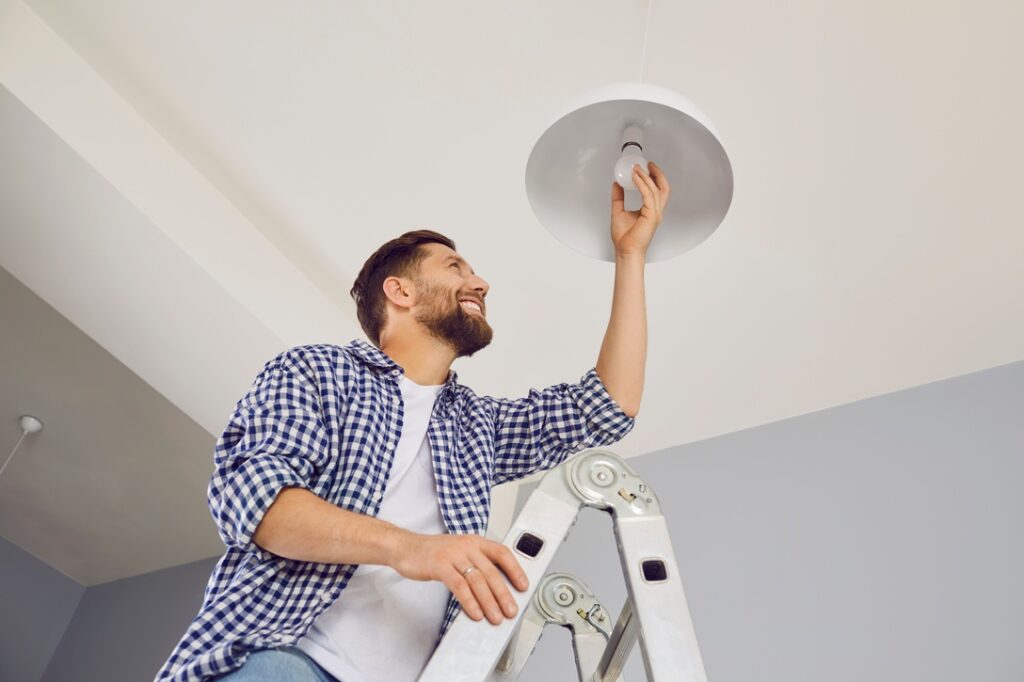
Do It Yourself: Replacing Light Bulbs
A burnt-out bulb generally isn’t reason enough to call an electrician. You can replace it with a new one in just a few simple steps.
How to Safely Replace Light Bulbs
Follow these steps to replace an old light bulb safely:
- Turn Off Power: Ensure the switch is in the off position and, if possible, turn off the circuit breaker for that fixture.
- Remove the Old Bulb or Fixture: Wait for the bulb to cool down if needed, then unscrew it by turning it gently in a counterclockwise direction.
- Install the New Bulb or Fixture: Screw in the new bulb.
- Test the Connection: Turn the power back on and test to ensure proper function.
Tips for Success
- Consider the Lumens: Brightness is measured in lumens, not watts. Choose new bulbs according to your desired brightness level.
- Match the Socket: Bulbs come with various base sizes. Match this to your existing socket.
- Consider Efficiency: LED bulbs are more energy-efficient and have a longer lifespan.
- Dispose of Old Bulbs Properly: Some bulbs contain hazardous materials and must be disposed of according to local regulations.
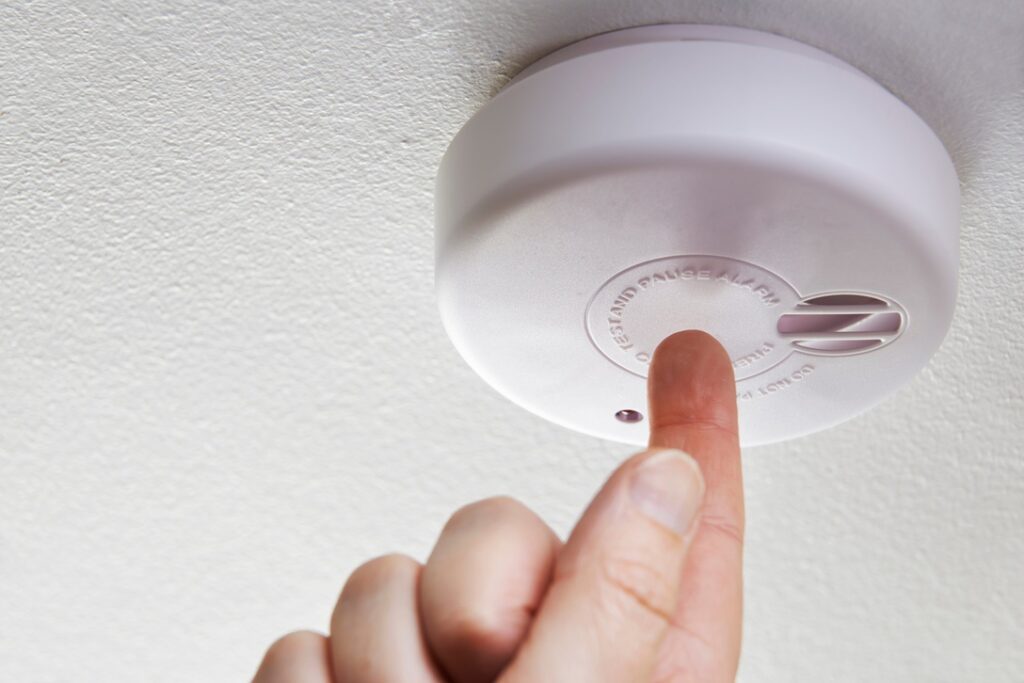
Do It Yourself: Testing Smoke & Carbon Monoxide Detectors
These devices can save your life in the event of a fire or carbon monoxide leak, so it’s especially important to make sure they’re working properly.
How to Test and Check Your Detectors
Follow these steps to ensure the proper operation of your smoke and carbon monoxide detectors:
- Test Monthly: Press and hold the "test" button until the alarm sounds. If it doesn't sound or is weak, replace the batteries or the unit.
- Replace Batteries Regularly: Most detectors will chirp when batteries are low. Replace with the same type as recommended by the manufacturer.
- Replace Units as Needed: Typically, smoke detectors last 10 years, and carbon monoxide detectors last 5-7 years. Check the manufacture date on the back of the unit.
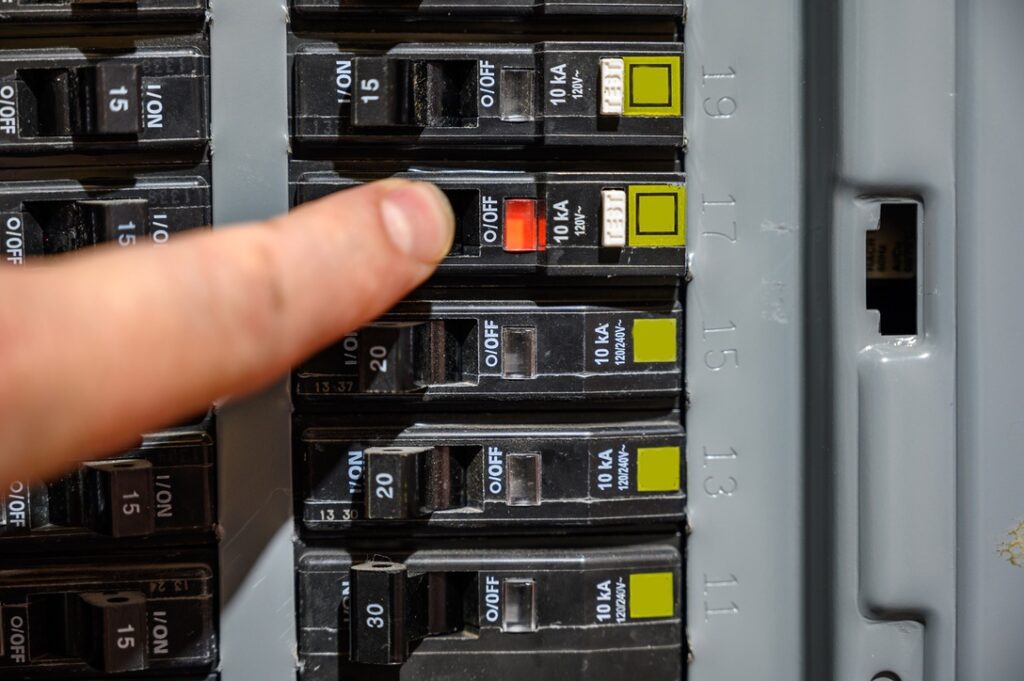
Do It Yourself: Resetting Circuit Breakers & GFCI Outlets
Circuit breakers and GFCIs prevent power surges and potential electrical shocks, but these devices may need resetting occasionally. Knowing how to do this helps keep you and your home safe.
How to Reset Your Breakers
Here are a few easy steps to reset a tripped breaker or GFCI outlet:
- Identify the Tripped Breaker or Outlet: A tripped breaker will be in the middle or "off" position, and a GFCI outlet will have a popped-out reset button.
- Determine the Cause: Was a circuit overloaded? Was there a ground fault? Understanding the cause helps in prevention. If the cause is not obvious (i.e. too many devices plugged into the same circuit or outlet), you’ll want to call us for help.
- Reset the Breaker or Outlet: Flip the breaker to the "on" position or push the reset button on the GFCI.
- Monitor for Recurrence: If it trips again, there may be an underlying issue requiring professional attention.
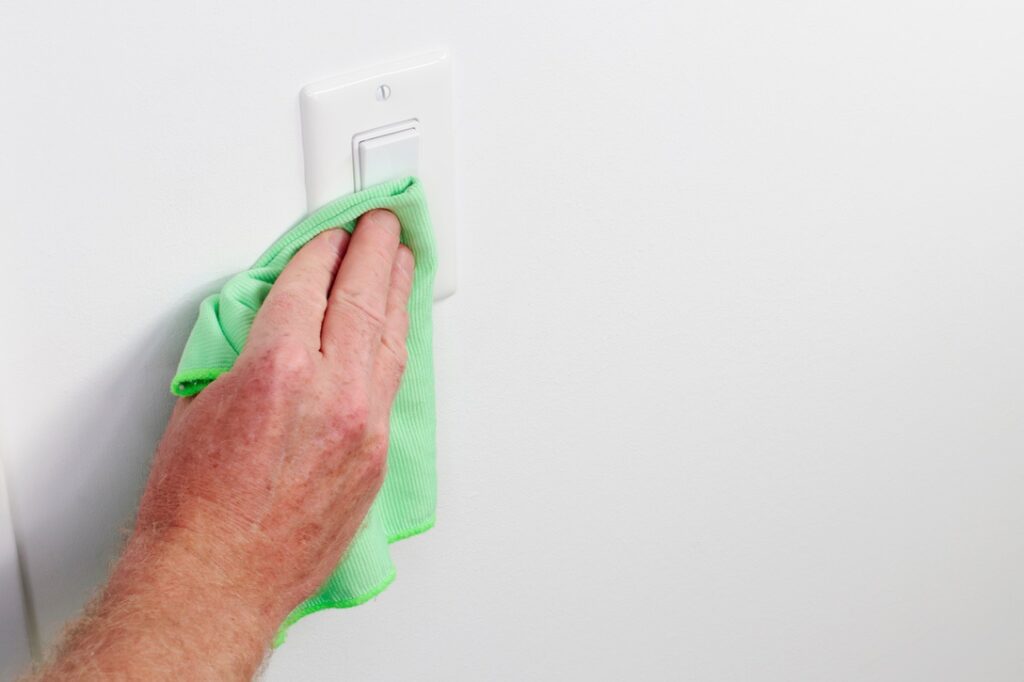
Do It Yourself: Cleaning & Dusting Electrical Components
Dust and grime can build up on electrical components such as outlets, switches, and light fixtures, potentially causing overheating and other electrical hazards. Regular cleaning helps to maintain functionality and safety.
How to Clean Electrical Components
- Turn Off the Power: Always shut off the power at the breaker before cleaning any electrical components.
- Use Appropriate Cleaning Materials: A soft, dry cloth or a cloth slightly dampened with water or mild cleaning solution is usually suitable. Never spray cleaning solutions directly onto electrical components.
- Clean Gently: Gently wipe the surfaces, being cautious around the connections and moving parts.
- Dry Thoroughly: If you used a damp cloth, ensure the components are dry before restoring power.
- Inspect for Damage: Regular cleaning also allows you to inspect for any signs of wear or damage that might require attention.
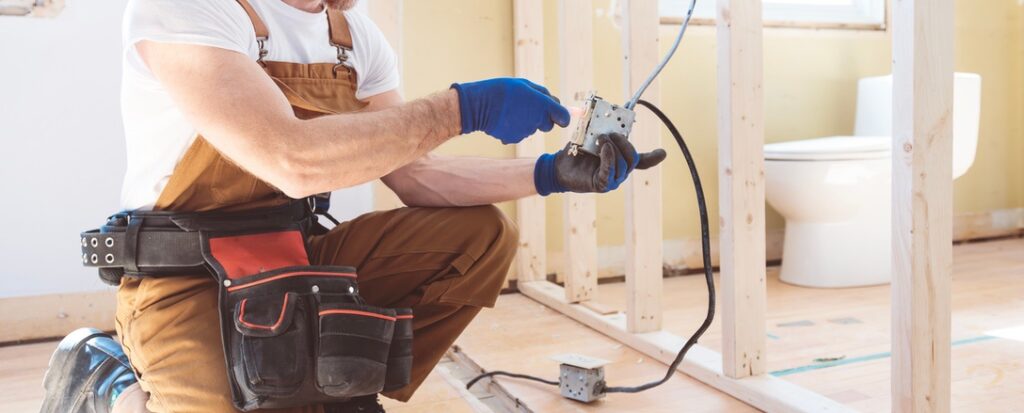
Don’t Do It Yourself: Knowing When to Call a Professional Electrician
Electrical work can be complex and dangerous. While some tasks are manageable with care and attention, others should always be left to the qualified electricians at 4-Star Electric. These include:
- Electrical Panel Upgrades: Modernizing an outdated electrical panel to meet today's demands.
- Wiring Repairs: Addressing frayed, damaged, or outdated wiring.
- Complex Installations: Any installation that involves significant changes to your home's electrical system. This includes new lighting fixtures both indoors and outdoors.
Why Professional Assistance is Vital
- Safety: Electricians are trained to handle complex tasks safely. Conversely, tampering with your home’s wiring, panel, or other electrical infrastructure can have extremely dangerous consequences, as it can create the risk of fires or shocks.
- Code Compliance: Professionals ensure that work meets local building and electrical codes. This helps you avoid potential consequences like fines or lawsuits (if you’re renting your property out).
- Quality and Aesthetics: Experienced electricians can provide seamless and aesthetically pleasing solutions.
- Peace of Mind: Knowing the job was done right offers peace of mind and may also affect your home's resale value.
Know the Difference Between DIY & Professional Electrical Tasks
DIY home electrical maintenance can be tempting, but it has its limits. Tasks like replacing light bulbs and fixtures, testing smoke and carbon monoxide detectors, resetting circuit breakers and GFCI outlets, and cleaning and dusting electrical components are all manageable with proper care and attention. Always prioritize safety, following the steps and guidelines provided.
However, when it comes to more complex tasks like electrical panel upgrades, wiring repairs, and intricate installations, it's best to consult a professional electrician. 4-Star Electric offers the expertise and experience to ensure that all electrical upgrades and installations are done safely, in compliance with codes, and with the highest quality.
The ability to recognize when a task is beyond your capabilities is as important as knowing what you can handle. When in doubt, don't hesitate to contact 4-Star Electric—we’re ready to ensure that your home's electrical system looks great, stays reliable, and is always safe to use.
